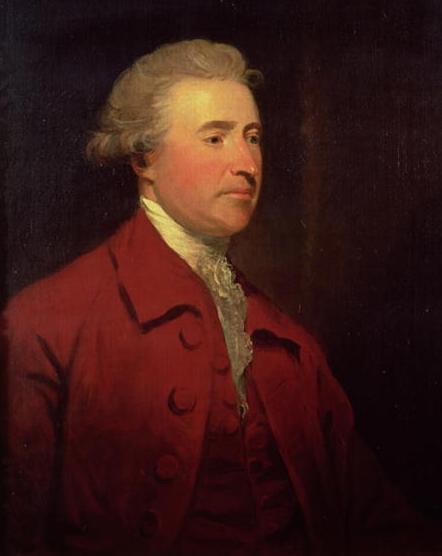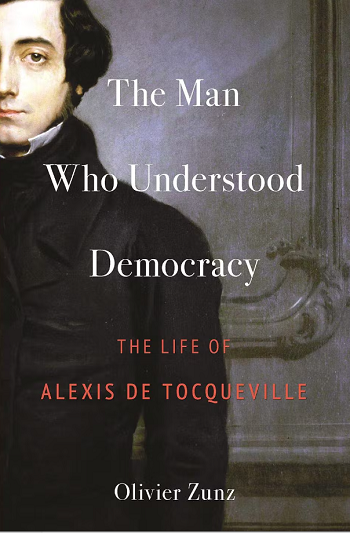John Psmith reviews the second edition of Edward Luttwak’s Coup d’État: A Practical Handbook. I read the first edition in the mid-70s, when it seemed like coup attempts were an almost weekly news item from any number of exotic tropical locations:
First things first: you need to get the revised, second edition of this book. Why? Because the introduction to the second edition is an excuse for the author to brag about all the bloodstained and bullet-riddled copies of the first edition that have been found among the personal effects of palace security chiefs, spymasters, and air force officers. Perhaps, he gloats, they should have read it more carefully, or perhaps they should have waited for the second edition.
None of this should come as a surprise if you follow Edward Luttwak on Twitter, where his account is characterized by a judicious degree of irascibility and gloating. Yes, I regret to inform you that he’s on Twitter. But unlike some of my other favorite authors who succumbed to the analgesic call of the Great Blue Bird, the medium has not totally destroyed him yet. Luttwak tweets with unparalleled Boomer energy, primarily in a write-only mode, at times seemingly oblivious to the waves he causes. This is good, because it means we get to read his internal monologue, but without the reward loop of social media hacking his amygdala and progressively turning him into a self-parody.
Or perhaps his descent into self-parody was arrested by the fact that he was already a bit of a self-parody. Luttwak came from a Jewish family in communist Romania, spent some time in Palermo where he totally wasn’t involved in the war between the authorities and the mob,1 and provided “consulting services to multinational corporations and government agencies, including various branches of the U.S. government and the U.S. military”, before retiring to the life of gentleman scholar and cattle rancher (and prolific Twitter poaster) in rural Argentina. Along the way he picked up a PhD and wrote a massive pile of books about history, war, diplomacy, and political theory, all while pissing off the authorities in those fields with his epistemic trespassing.
But all of that was still far in the future when he wrote this book about coups. When the non-recommended first edition came out, Luttwak was a tender twenty-six years old, and working tenderly as a consultant for the energy industry in Africa and the Middle East. This raises some questions, questions that Luttwak absolutely refuses to answer, sometimes coyly and sometimes vehemently. Were I concerned about my reputation as a third-world fixer for oil companies, I would simply not write a practical guide to launching coups, but to each his own.
What is a coup? Also known as a putsch, a palace rebellion, or my personal favorite, a pronunciamiento; there are a lot of words for it, many of them in Spanish (you know what they say about Eskimos and their words for snow). The basic definition is a bloodless or almost bloodless extrajudicial transfer of power whereby a group of conspirators is able to turn the machinery of the state against itself, seizing control quickly and cleanly and without triggering a civil war. Note how different this is from other sorts of exceptional transfers of power. In a revolution, all of the institutions in a society are burned down and replaced. A coup is the opposite — only the very top level of the system is swapped out, and the new boss quickly and seamlessly resumes ruling through the machinery of the old regime. Ideally, citizens who aren’t especially politically engaged wouldn’t even notice.
This leads us to a guess as to the most coup-friendly sorts of polities: ideally they should be highly centralized and efficient bureaucratic states, but with very low democratic engagement or popular investment in politics. The first half is important, because without an efficient government machine, there’s nothing for the coup plotters to grab onto. A coup is an action by a tiny group of people who would lose instantly in any fair fight — the only chance they have is to magnify their power by hijacking a system that was already pretty good at controlling the country. It also helps that soldiers, policemen, and citizens in a bureaucratized society are already conditioned to obey impersonal authority, and therefore are more likely to do what the new guy says if he’s careful to use the old, familiar forms. Anarchists love to talk about how anarchy is like a vaccination against foreign occupation, because occupiers generally lack the state capacity to administer newly acquired territories without existing state machinery to co-opt, and that argument is even more true for coups.
1. Also unclear: which side he was not-involved on.








